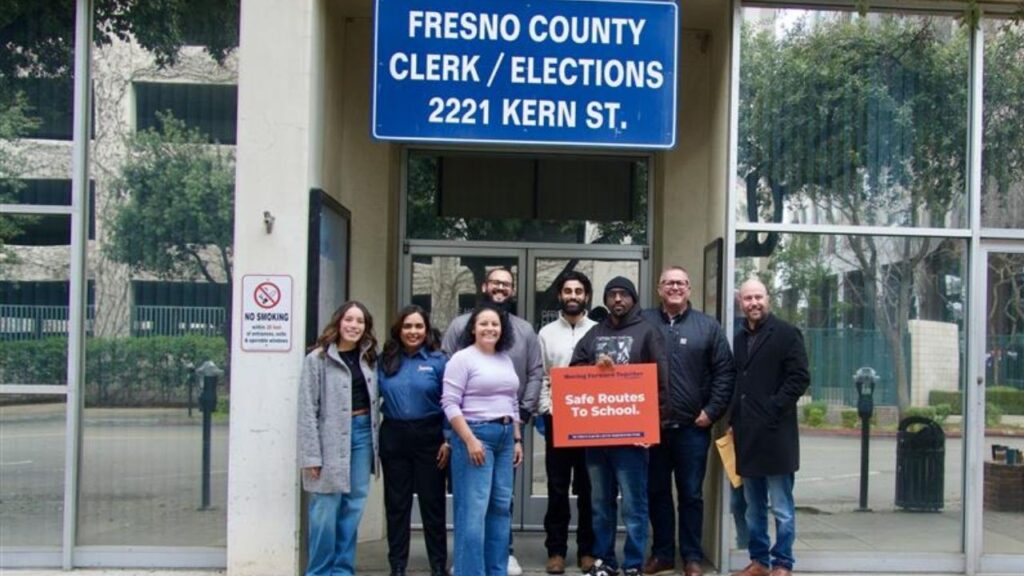Share
Every Californian should be aware by now that the state’s housing shortage not only causes personal angst for millions of the state’s residents, but is a key factor in its economic future.

Dan Walters
CALmatters
Although California is still adding jobs, Thornberg said, the rate of growth “represents a substantial slowing from the pace the state experienced a few years ago. The problem isn’t labor demand; the economy is still very strong. The slowing is being driven by labor supply shortages that stem from California’s housing supply crisis.”
Employers will not add jobs if they can’t find workers and workers either won’t come to California, or migrate elsewhere, if they can’t find affordable housing.
That simple but powerful economic equation makes doing something about housing one of the state’s most important, but also most complex, political puzzles.
As Gavin Newsom became governor in January, he signaled a get-tough attitude toward cities that make construction too difficult.
Will Deal Have Any Impact on Housing Shortage?
The state sued Huntington Beach, an affluent coastal city in Orange County, for failing to meet its quota of land zoned for new housing. Newsom also vowed to withhold transportation funds from the state’s recently increased gas tax if a city continues to drag its feet on housing.
Last week, Newsom and legislative leaders announced a deal on housing. The legislation divvies up already appropriated funds for battling street-level homelessness, creates a new $1 billion fund to reward cities that proactively promote construction and imposes fines, up to $600,000 a month, on communities that continue to lag behind.
“If cities aren’t interested in doing their part, if they’re going to thumb their nose at the state and not fulfill their obligations under the law, they need to be held accountable,” Newsom said a couple of days before the final housing deal was announced.
The notion of withholding transportation funds was a non-starter in the Legislature. Lawmakers were concerned that penalizing local governments would undercut the coalition that pushed for the gas tax increase.
So will this housing deal have any real-world impact on California’s chronic housing shortage?
Spending more on housing California’s estimated 130,000 homeless residents will have some impact. But the broader carrot-and-stick approach will not generate any uptick in new housing starts in the near future, and perhaps little or nothing in the longer run.
This Is Only a Baby Step
Zoning more land for housing is just one factor in increasing production to the 200,000 units a year the state says are needed.
Even if local governments overcome that opposition and approve their specific plans, developers must be willing to spend many billions of dollars to acquire the land and build. Recurring efforts to impose rent control make them reluctant to make big financial commitments that might not pay off.
Even if those hurdles are cleared, there’s one more very thorny factor – a growing lack of construction workers to do the actual work. And one reason for that lack is the reluctance of workers to come to California because they, too, cannot find affordable housing.
What Newsom and legislative leaders are doing this year is only a baby step.
CALmatters is a public interest journalism venture committed to explaining how California’s state Capitol works and why it matters. For more stories by Dan Walters, go to calmatters.org/commentary.
Categories

Philippine Mayor Survives Rocket Attack, TMZ Reports

Fresno Drivers Face Highway 180 on-Ramp Closure Wednesday

















